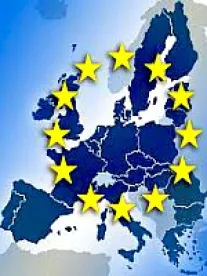A private equity fund made a major investment in a foreign manufacturer in 2005, and its majority investment gave it various supervisory and governance rights (such as the right to elect or remove the portfolio company’s governing body). In 2007 the PE reduced its stake, and it exited the investment entirely in 2009. According to the European Commission (and quite probably without the knowledge of the PE fund), from 1998 to 2008 the portfolio company and nearly a dozen other manufacturers were engaged in a cartel to undermine the competitive pricing of underground and submarine high voltage power cables. Collectively, the cartel participants were fined nearly 302 million euros earlier this month. The portfolio company and its former investor are jointly and severally liable for more than 104 million euros as their part of the cartel fine.
The European Courts have declined, in this and other cases, to give financial investors a pass when it comes to policing the behavior of their portfolio companies. As long as a parent company has the power to exercise decisive control over its subsidiary andexercises that power (by, for example, electing the subsidiary board, directing the subsidiary’s economic activities, and conforming the portfolio company’s policies to its own strategic goals), then the conduct of the subsidiary likely will imputed to the parent, whether or not the parent directed or even knew of any suspicious conduct. One could imagine a purely passive minority investment where the issue of control could be refuted, but where a private equity owns (directly or indirectly) most or all of the equity of its portfolio company, that fund will be presumed to exercise decisive influence over its subsidiary. That presumption will be very difficult, and perhaps impossible, to overcome.
So, what’s an investor to do?
This tale is a reminder that rigorous pre-acquisition due diligence, focusing on antitrust risks, is a must for private equity funds investing in Europe. Upon acquisition and periodically throughout the life of the investment a majority financial investor should revisit and reinforce its antitrust compliance programs, at both the portfolio company and fund levels. And an investor in multiple industry segments might not want to rely on a “one size fits all” compliance program. Instead, a private equity fund should tailor its compliance checks to the specific industry and competitive risks of each investment.




 />i
/>i
